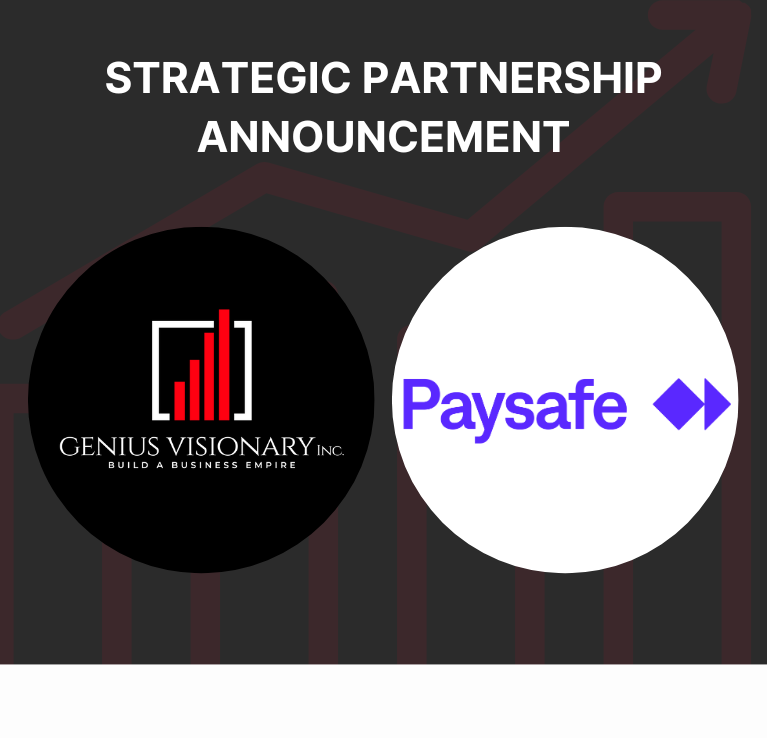Blogs
Maximizing Tax Efficiency for Business Owners: The Key Strategies for Success
One of the most important aspects of running a successful organization as a business owner is managing finances, specifically maximizing tax efficiency. Tax legislation can be quite complex, but comprehending and leveraging the right strategies can help you minimize your tax liabilities, reinvest in your business, and increase revenue. Whether you are a startup owner or an established entrepreneur, tax efficiency is the cornerstone of financial health.
To maximize your tax efficiency, here are some key strategies every owner must know and implement to succeed.
1. Strategically Structure Your Business —Your business’s structure significantly impacts your tax obligations. Choosing the right entity type can optimize your tax burden. Consult with a tax advisor to determine the most tax-efficient structure based on your business size, goals, and income.
• S Corporations – Allow profits and losses to pass onto shareholders, avoiding double taxation.
• C Corporations – Potential benefits from lower corporate tax rates but are subject to double dividend taxation.
• LLCs – Offer flexibility in taxation and liability protection, allowing you to choose how you want to be taxed.
2. Take Advantage of Tax Credits and Deductions – Tax credits and deductions can significantly lower your taxable income. Provide accurate documentation and check all applicable credits.
Some standard options include:
• Research and Development (R&D) Tax Credit – Available for businesses investing in innovation.
• Energy-Efficient Property Credit – Incentivizes sustainable practices.
• Home Office Deduction – For business owners who operate from home.
• Employee Retention Credit (ERC) allows businesses to retain employees during challenging times.
3. Leverage Retirement Plans – The contribution to retirement plans benefits employees and
reduces taxable income.
• 401(k) Plans—These plans allow employee contributions and matching employer
contributions, reducing business taxable income.
• SEP IRAs and Simple IRAs – Offers tax-deferred growth and deductions for employer
contributions.
4. Optimize Depreciation of Assets – Depreciation allows businesses to recover any asset cost over time, reducing taxable income. Maintaining detailed records of asset purchases, utilization, and depreciation schedules is recommended.
• Section 179 Deduction – Enables immediate expensing of certain asset purchases.
• Bonus Depreciation allows businesses to write off a significant portion of an asset’s costs in the year the service is provided.
5. Tax-Efficient Compensation Plans—Formulate tax-efficient compensation packages that
benefit both the organization and employees. In this case, individuals should collaborate with their human resources and finance advisors to craft packages that align with tax-saving objectives.
• Equity Compensation – Provides stock options or ownership interests that potentially
defer taxes.
• Health Savings Accounts (HSAs) – Reduce payroll taxes and highlight free benefits for qualified medical expenses.
6. Tax-Advantaged Accounts and Investments—These types of financial accounts can offer considerable savings. Review and adjust them regularly to maximize savings within IRS boundaries.
• Health Reimbursement Arrangements (HRAs) – Allocate tax-free reimbursement of
employee medical expenses.
• 529 Plans – This plan suggests tax advantages for employer-based education assistance programs.
7. Saving Records – The old school method, but a proficient one. Track and manage all accurate and organized fiscal records to guarantee an easy tax efficiency process.
• Expense Tracking—Use accounting software to categorize expenses. Numerous options are available in the market, and you can select one based on your budget.
• Receipts and Invoices – Maintain digital copies in your files for easy retrieval.
• Payroll – Certify all payroll documentation to avoid penalties.
8. Follow the News Cycle for Tax Legislature Changes—Tax laws constantly evolve. Therefore, it’s important to remain informed about any news developments surrounding taxation. Keeping a news pulse allows you to capitalize on opportunities while retaining compliance. Follow your favorite outlets (Genius Tax Advisory included) and subscribe to their content.
• Federal Tax Code – Monitor the IRS communication channels daily for updates.
• State and Local Tax Laws – Understand regional variations that affect your business.
• Industry-Specific Regulations – Some sectors have unique tax incentives or requirements.
9. Ponder International Tax Strategies – There are plenty of opportunities to save if you operate internationally. However, you must consult with advisors with international experience to navigate complexities. If you plan to use this strategy, international tax planning is crucial.
• Transfer Pricing – Research and confirm pricing between subsidiaries complies with tax regulations.
• Tax Treaties – Leverage treaties to minimize withholding taxes.
• Foreign Tax Credits – Offset taxes paid to foreign governments against your U.S. tax liability.
10. Conduct Regular Tax Reviews—Periodic tax reviews are important to identify inefficiencies and uncover missed prospects. Always schedule reviews before tax deadlines to implement changes effectively.
• Annual Audits – Evaluate past filings for errors or missed deductions.
• Scenario Planning – Different businesses can create and model tax outcomes by laying
out multiple scenarios.
• Third-Party Review – A fresh perspective can uncover overlooked savings.

Maximizing tax efficiency is not a one-time exercise but an ongoing annual process that requires
planning, review, and implementation. By structuring your business strategically, you control available
credits and deductions, which can lead to substantial reductions in tax burdens. Partnering with
knowledgeable advisors ensures all businesses will be compliant and optimized for growth. Remember,
tax efficiency is not just a financial necessity but one that gives you a competitive advantage.
Genius Tax Advisory is here to help you unlock your organizational potential. We tailor economic
solutions for all kinds of enterprises and want to alleviate all burdens so you can focus on growing your
business.
With tax season underway, get a free consultation call or email us at [email protected].








